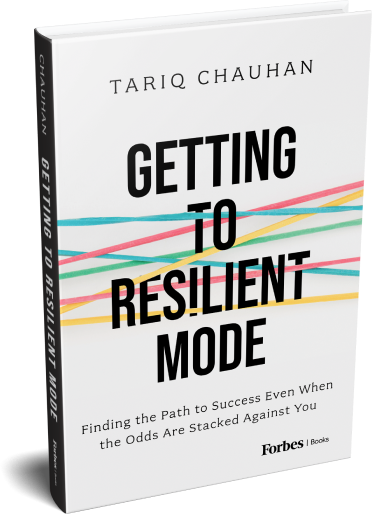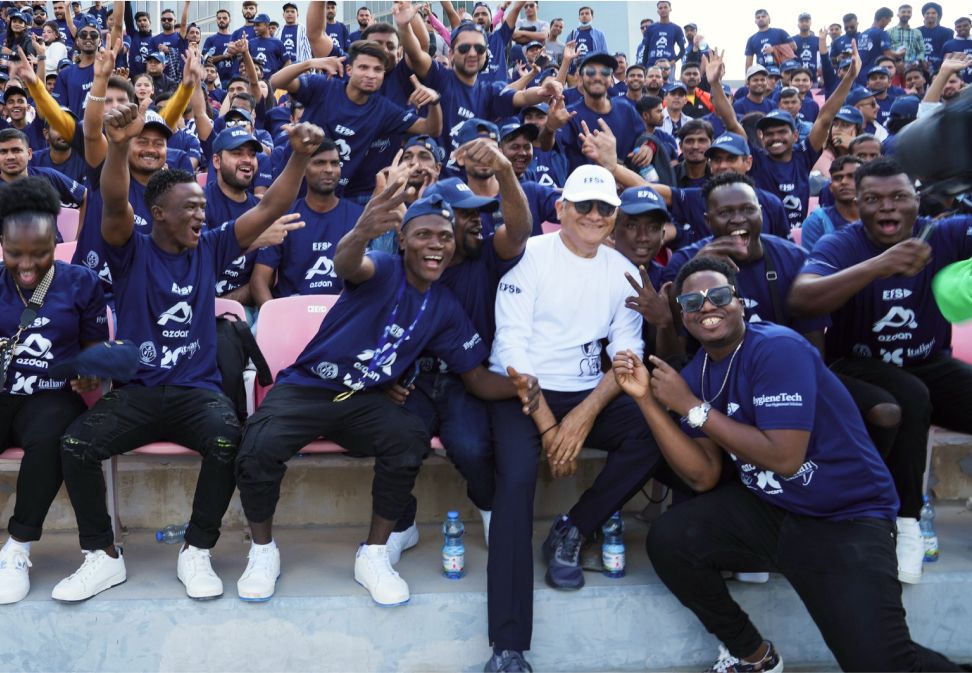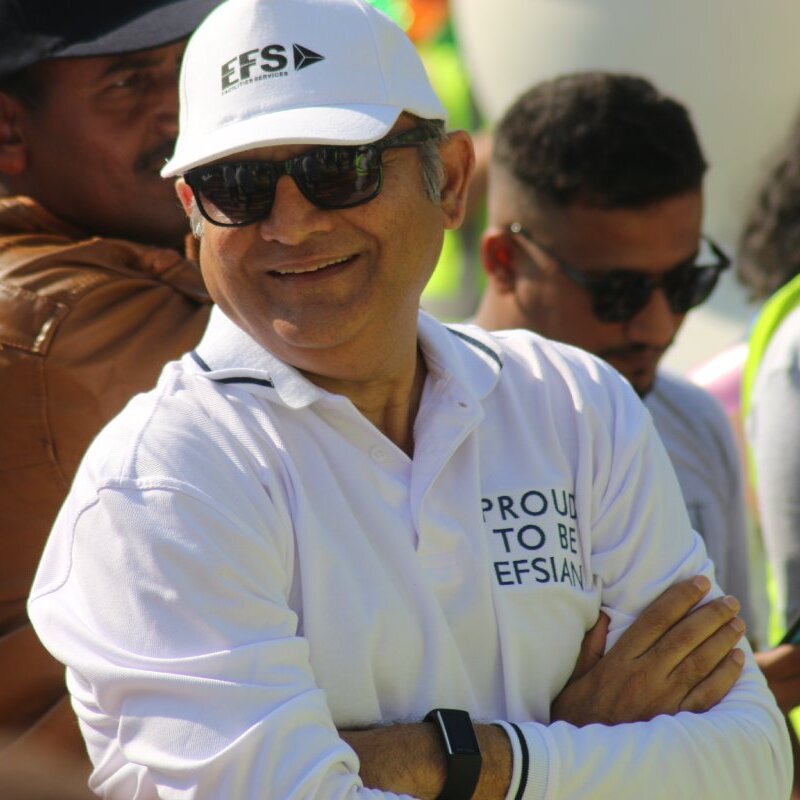Tariq Chauhan
Co-founder · Vice Chairman · Chief Executive Officer
Forbes Books Author
Tariq Chauhan is an investor, philanthropist, and entrepreneur based in the UAE.
As the Co-founder and Vice Chairman of EFS Facilities Services Group, and Chief Executive Officer of EFSIM Facilities Management Company, Kingdom of Saudi Arabia, he has established himself as a prominent figure in the industry. A Harvard alumnus, he has been consistently listed in the Top 100 of the Forbes Middle East listings of Top CEOs and Executives since 2021. Additionally, Tariq holds key roles on the Boards of UAE- India Business Council (UIBC) – UAE Chapter and Emerge Workforce Development Edtech Advisory.
Tariq’s impact extends to societal well-being through corporate social responsibility initiatives. Tariq’s dedication to philanthropic and humanitarian endeavors was recognized with an Honorary D.Litt. from the University of Science and Technology Meghalaya.

Praise for Getting to Resilient Mode
Tariq Chauhan is committed to promoting worker welfare interests, and a portion of the ‘Getting to Resilient Mode’ book royalties will be dedicated to this cause.
Download a Free Chapter
If you’re ready to begin your journey to resilient mode, fill out the short form below to download chapter one of Tariq Chauhan’s book, Getting to Resilient Mode for free.
"*" indicates required fields
NOTE: By clicking the download button, you are agreeing to receive email updates from Tariq Chauhan. You can unsubscribe at any time.

Impact Driven Engagement
Tariq has always believed in the grand vision of building a billion-dollar organization while incorporating the holistic good of all stakeholders. A place where his team, family and stakeholders could come together, providing opportunities to learn, grow, and be a part of an institution with long-standing sustainability.
Furthermore, he firmly stands by his principles of making an impact through proactive efforts on employee welfare, social, economic, and environmental good.
And this also brings us to his initiatives such as Abhaar Worker Welfare Foundation, EFS Shifa, Ehsaas, Job Seeker Workplace Readiness, and Upskilling and Reskilling of Workers.
Are You Operating in Resilient Mode?
